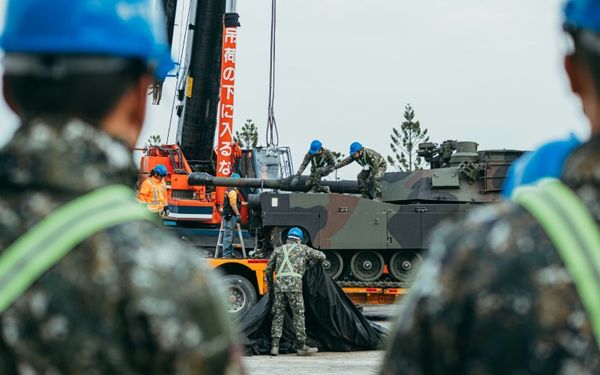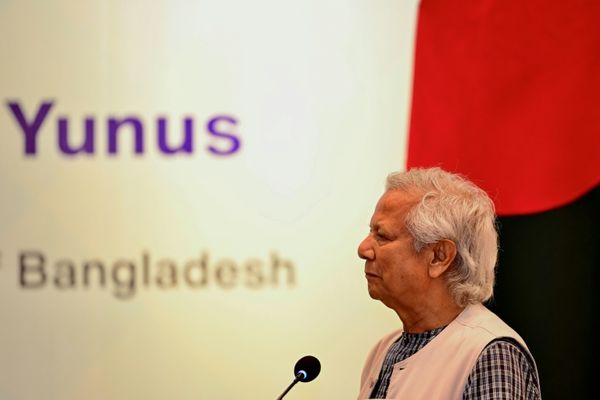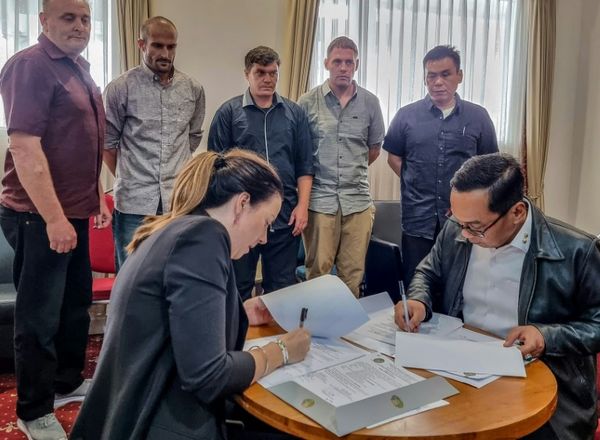
Covid-19 cases crossed 24 million worldwide, with India seeing a record spike of 75,760 in a day, and South Korea, Italy and France reporting the highest number of new daily infections in months. Among the new covid-19 cases in India are five members of the Great Andamanese tribe, an indigenous community of just 50 people in the Andaman Islands. So far, the Andaman Islands have reported a total of close to 3,000 covid-19 cases and 37 deaths in a total population of about 400,000. For more national and international news, here’s Mint Lite.
What’s ahead for Shinzo Abe?

Japan’s Prime Minister Shinzo Abe will hold a news meet on Friday amid growing concerns about his health. He’s been to hospital twice in a week, fanning speculation whether he will be able to continue till his term ends in September 2021. On Mon-day, Abe broke a record for longest consecutive tenure as prem-ier, set by his great-uncle Eisaku Sato. On Friday, he is expected to talk about his health and the pandemic. Japan’s outbreak has been relatively small, but a recent rise in cases has led to critic-ism that Abe has favoured economy over health. Japan is facing its biggest economic slump on record, an effect of covid-19, slowing exports and falling consumption. An aide said Abe will finish his term, but if he announces an intention to resign, it would lead to an in-party election to replace him as president, followed by a vote in parliament for a new prime minister. During his first term, Abe quit abruptly due to ill health.
Swarovski losing sparkle

Swarovski marks its 125th anniversary this year but the Austrian fine crystal maker is also facing a slew of challenges. Revenue is likely to fall by a third to $2.4 billion; 6,000 jobs have been cut; there’s pressure from fast fashion and ecomm-erce; and the family risks ceding some control if the CEO’s plans for a stock-market listing or a strategic partner prevail. Globalization quickly took Swarovski from a niche brand to one that’s easily copied. Most of its products cost under €100, placing it into the mass-market luxury segment with thin margins and fleeting consumer loyalty. Its CEO Robert Buchbauer now plans to focus on tailor-made designs for high-end buyers, and close some of its 3,000 stores worldwide, emptied by the pandemic. Family-owned luxury companies have struggled to remain independent, and Buchbauer’s plans have met stiff opposition from other family members.
The mess of oil spills

Twenty-four dead dolphins have washed up on a Mauritius beach since Wednesday, near the oil spill caused by a Japanese ship that struck a coral reef a month ago. The MV Wakashio was scuttled Monday. Compared to the biggest oil spills from tankers hauling as much as 300,000 tonnes of crude across the world’s oceans (see chart), the 1,000 tonnes that spilled from Wakashio is a drop in the ocean, but its impact on the ecology and economy of the island is likely to be spread out over the next few decades. The ship wasn’t carrying oil as a cargo, so Mauritius may have little hope of a settlement large enough to offset the cost of the clean-up and the damage caused to fragile, unique species. The accident has also revived calls for alternative fuels to polluting oil for shipping.
Elon Musk’s big reveal

Elon Musk’s secretive neurotech startup Neuralink will announce its “progress update" on Friday, unveiling “a working Neuralink device" and a demo of neurons “firing in real-time". Musk’s claims on Twitter about the brain-machine interface he’s building have sounded miraculous: easing depression, helping with obsessive compulsive disorder and treating traumatic brain injuries. Scientists Bloomberg consulted have said Musk’s claims are “mostly backed by science" as many of these technologies are already being tested or have been rolled out in limited forms. Since its founding in 2016, Neuralink has been working on electrodes and chips that can be implanted in the brain to help restore brain function in people with traumatic brain injuries. Even if Musk manages ground-breaking innovation, its unlikely he can start trials in a year as he’s claimed because of the regulatory procedures involved.
Soon, luxury India-UK bus

A few months ago, a black and white photograph of a bus that travelled between London and Kolkata from the late 1950s to 1970s went viral. Passengers boarded at London’s Victoria Coach Station, trundled through Belgium, Germany, Austria, Yugoslavia, Bulgaria, Turkey, Iran, Afghanistan and Pakistan before reaching Calcutta of yore. It took five days and cost £85. Now, two Gurugram entrepreneurs are recreating the spirit of that road trip by planning a modern, more touristy version of the coach ride. The startup, Adventures Overland, plans to launch a luxury bus trip between Delhi and London, which will cover 18 countries and 20,000km in 70 days. Passengers can hop on and hop off at different cities, getting to explore pagodas in Myanmar and wander through cities like Samarkand, Vilnius and Prague. Covid-19 has slowed their plans a little but the firm plans to get its bus on the road by May.
Curated by Shalini Umachandran. Have something to share with us? Write to us at businessoflife@livemint.com or tweet to @shalinimb







